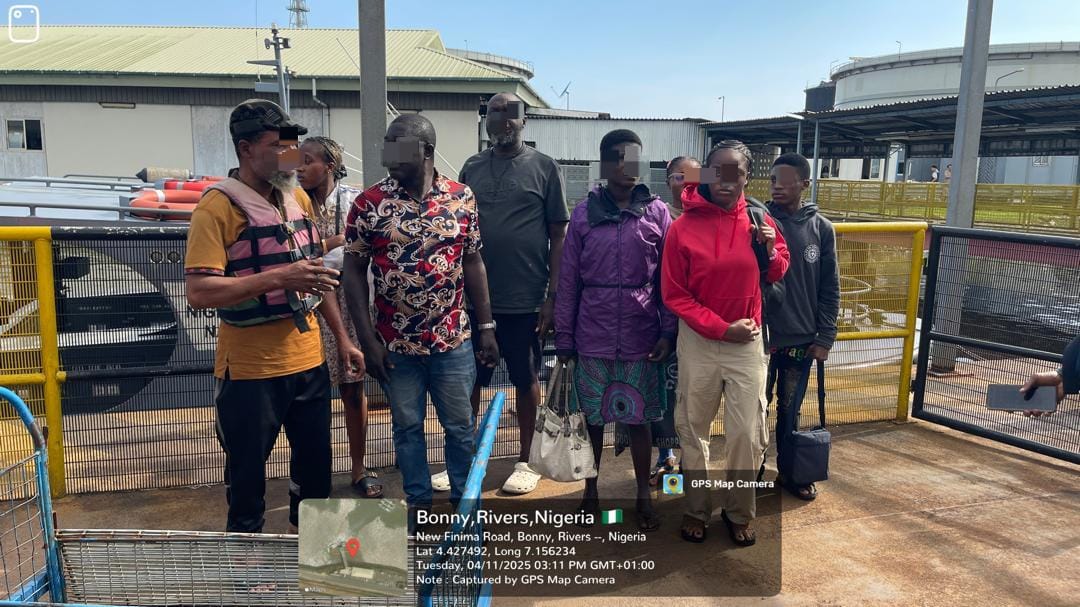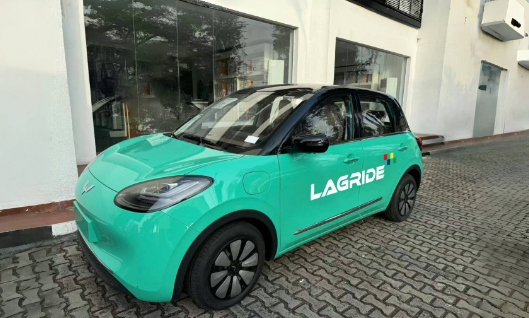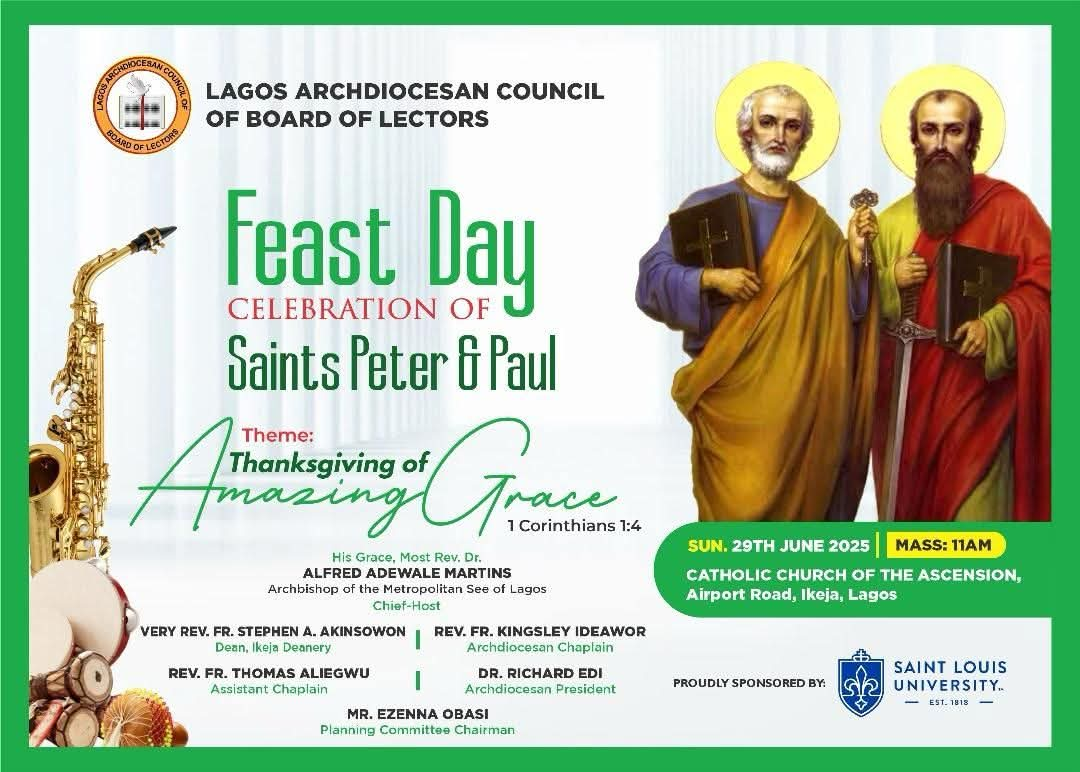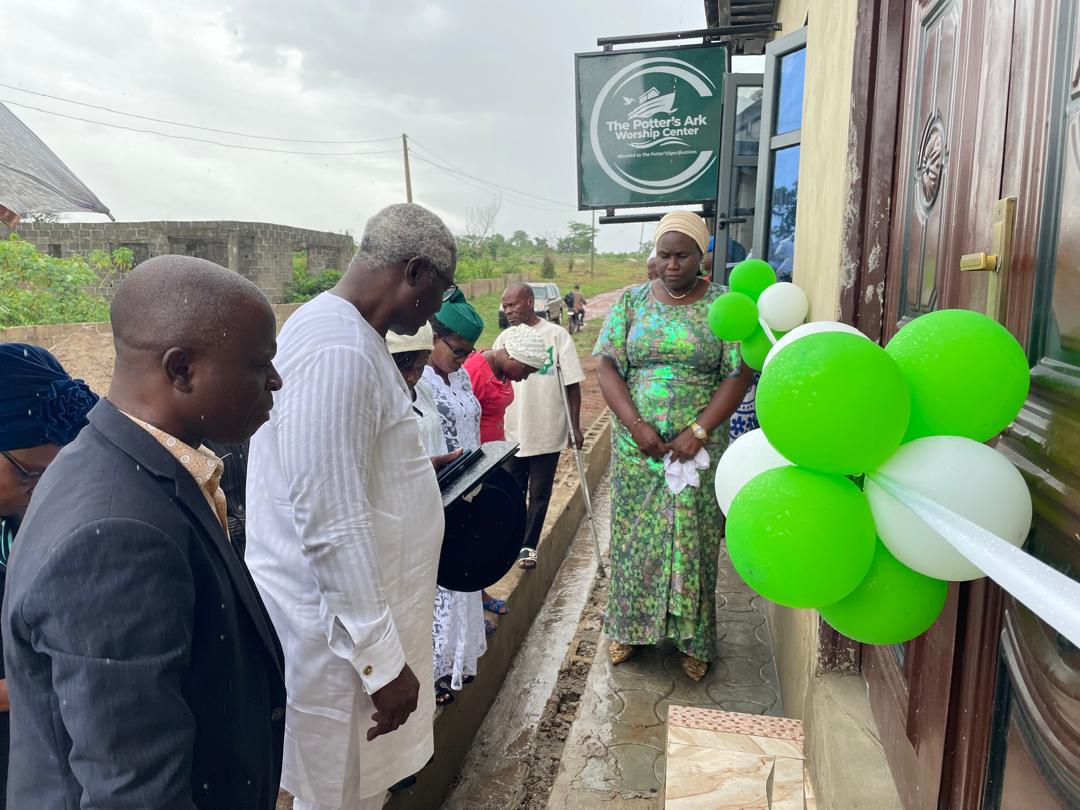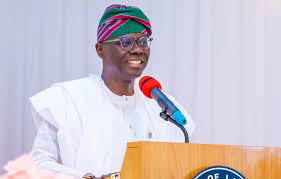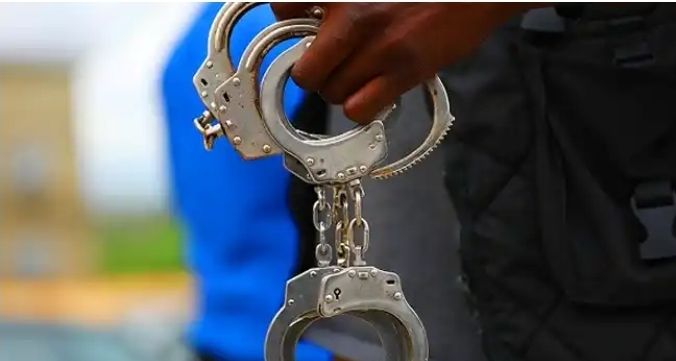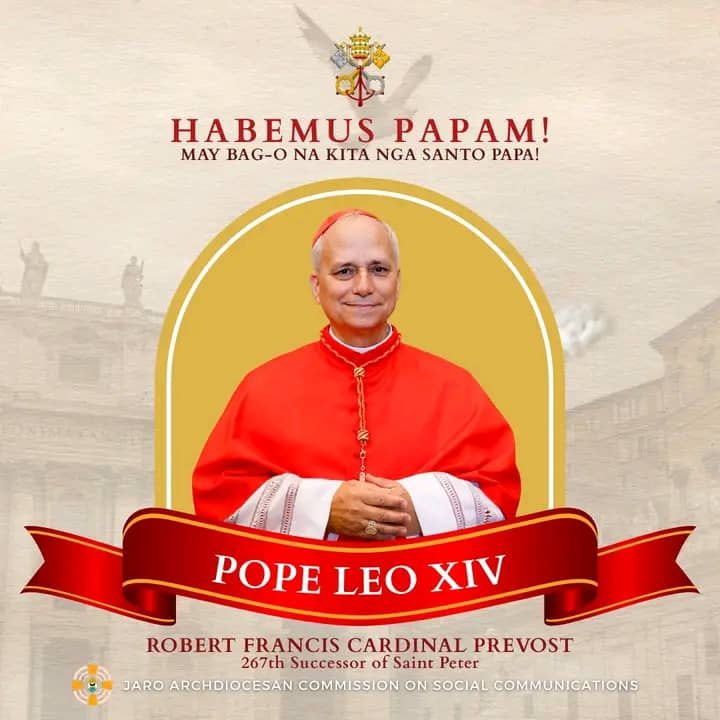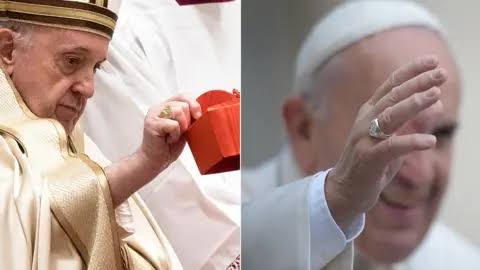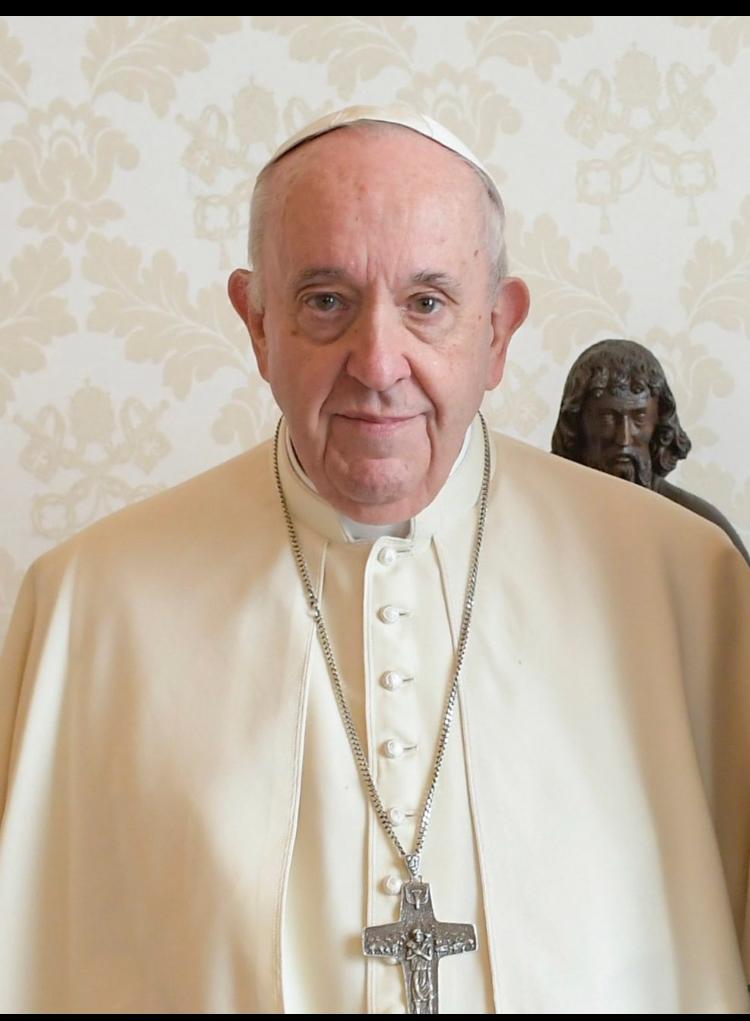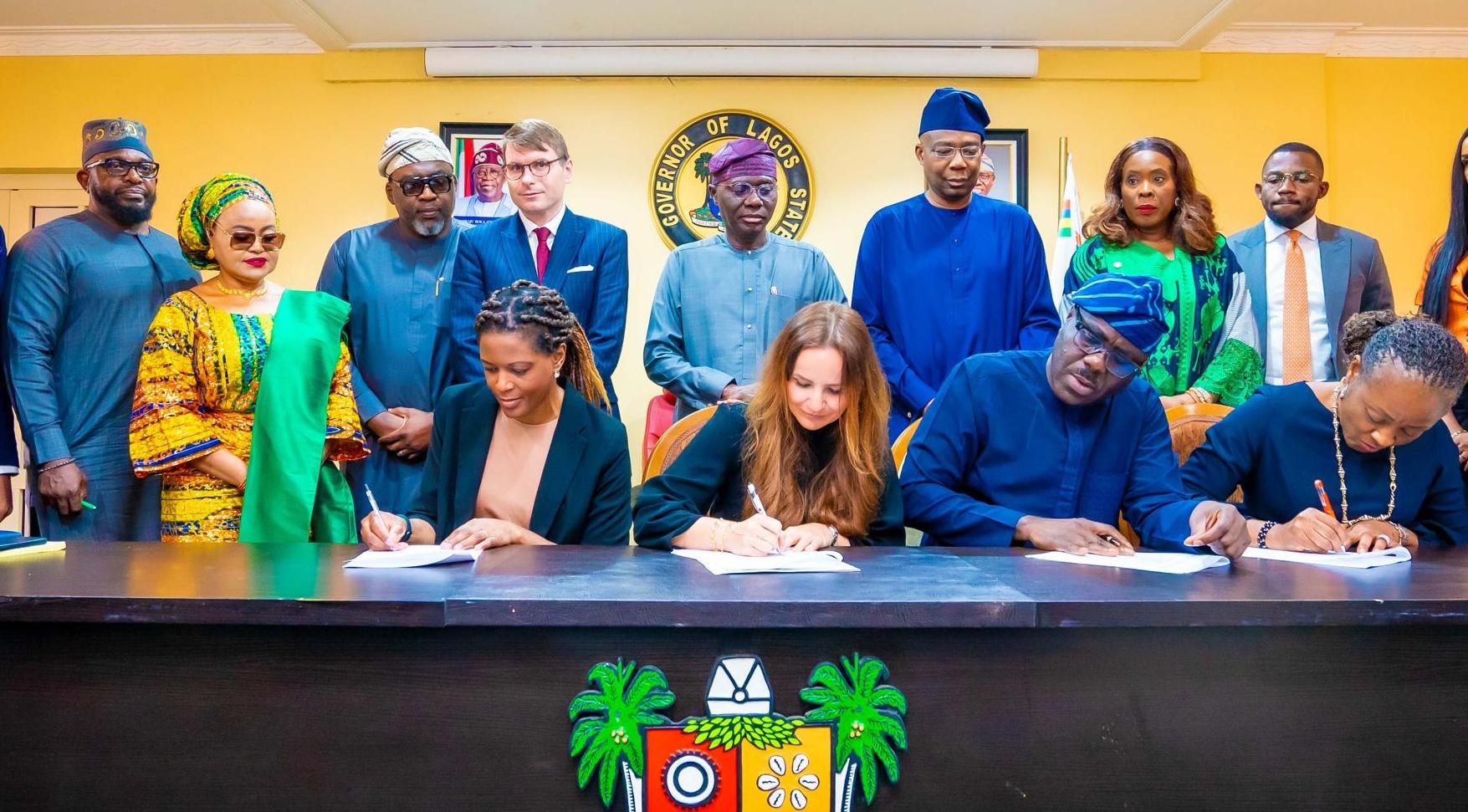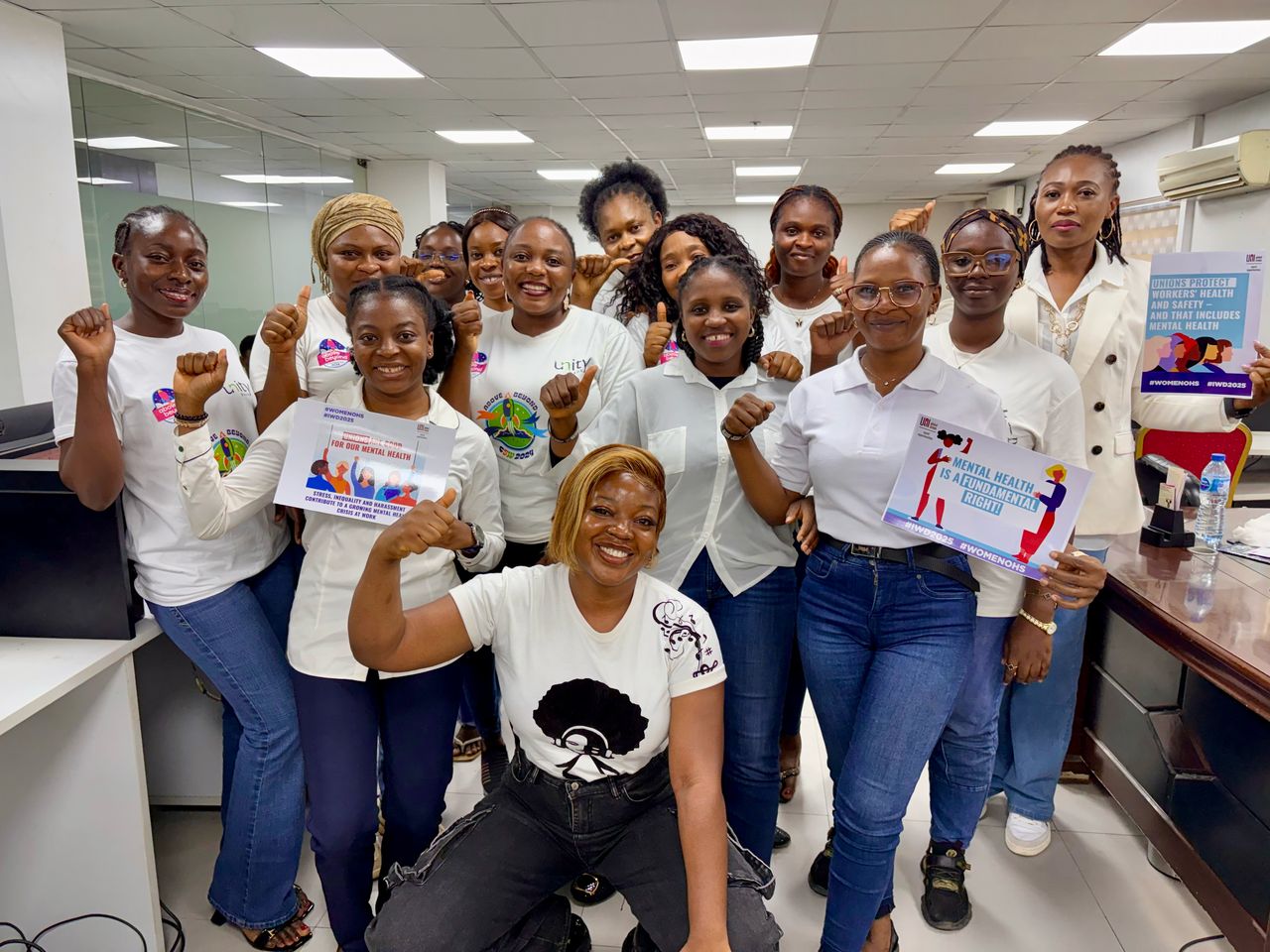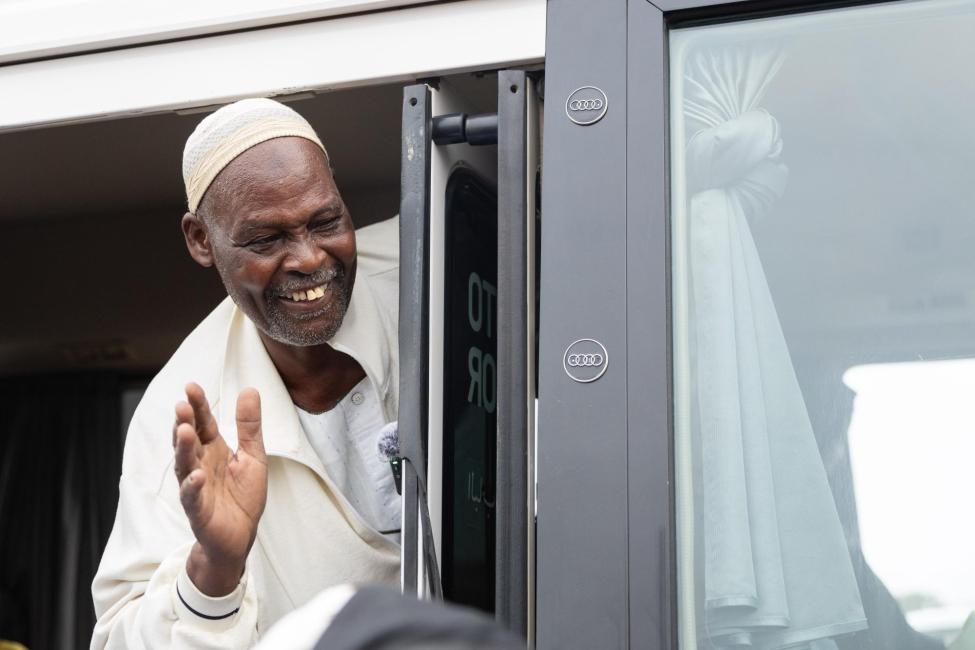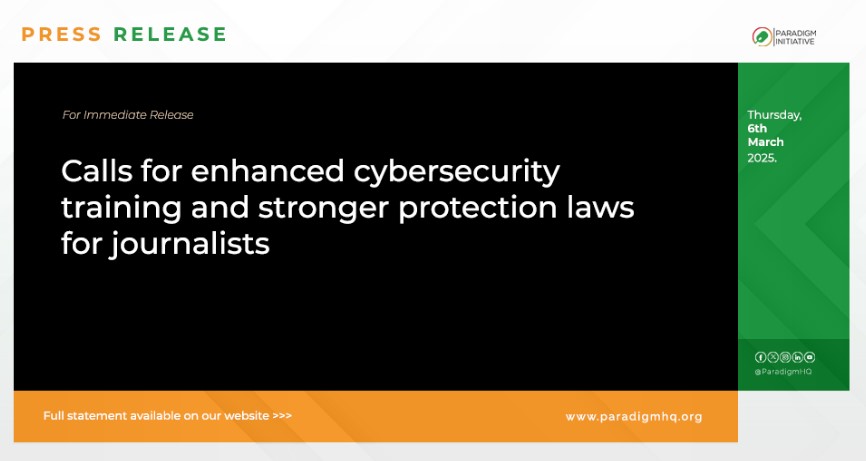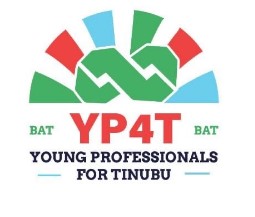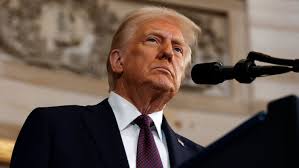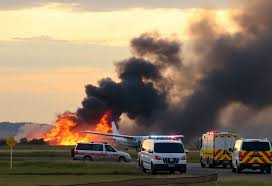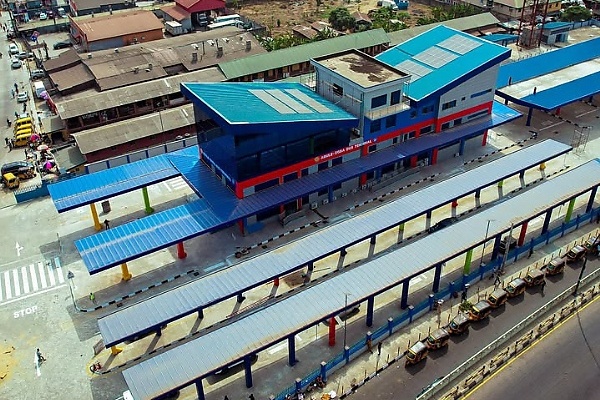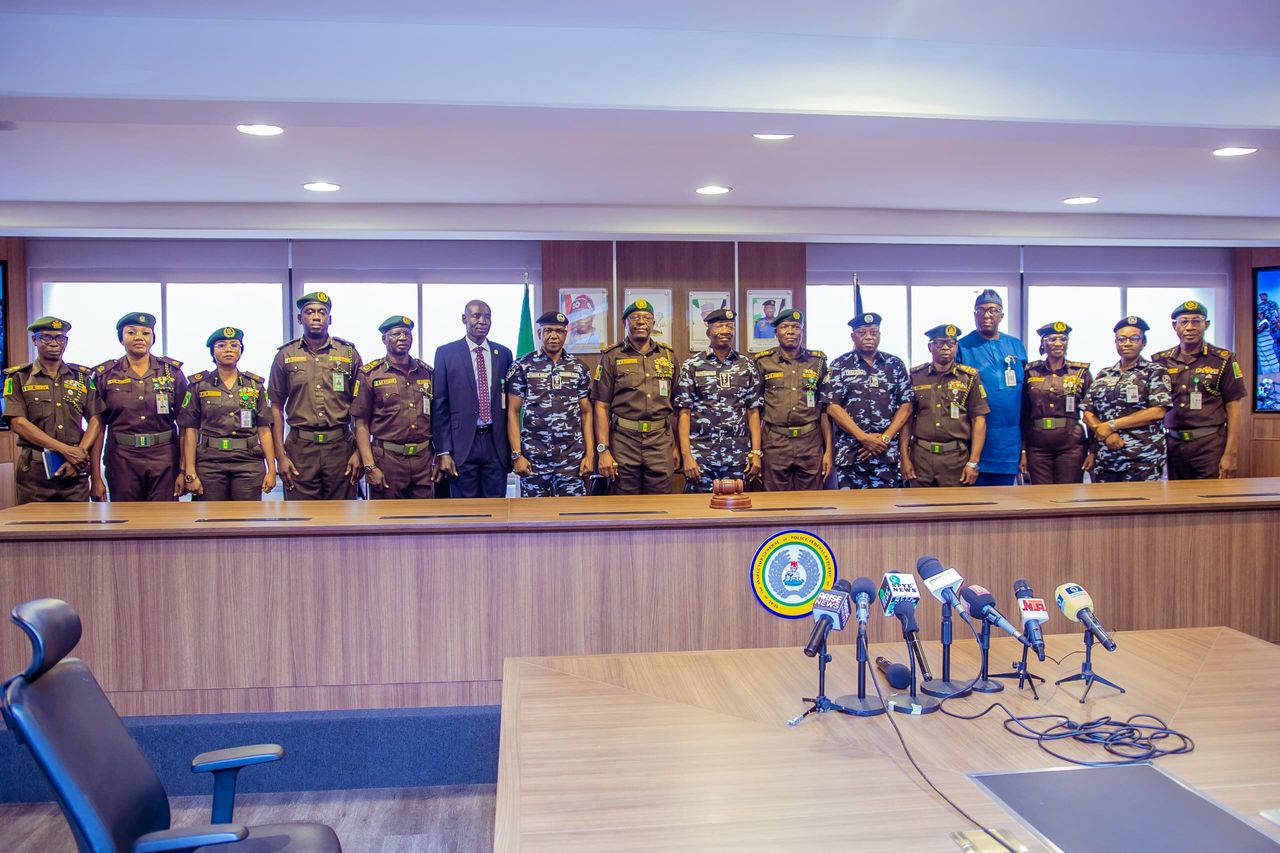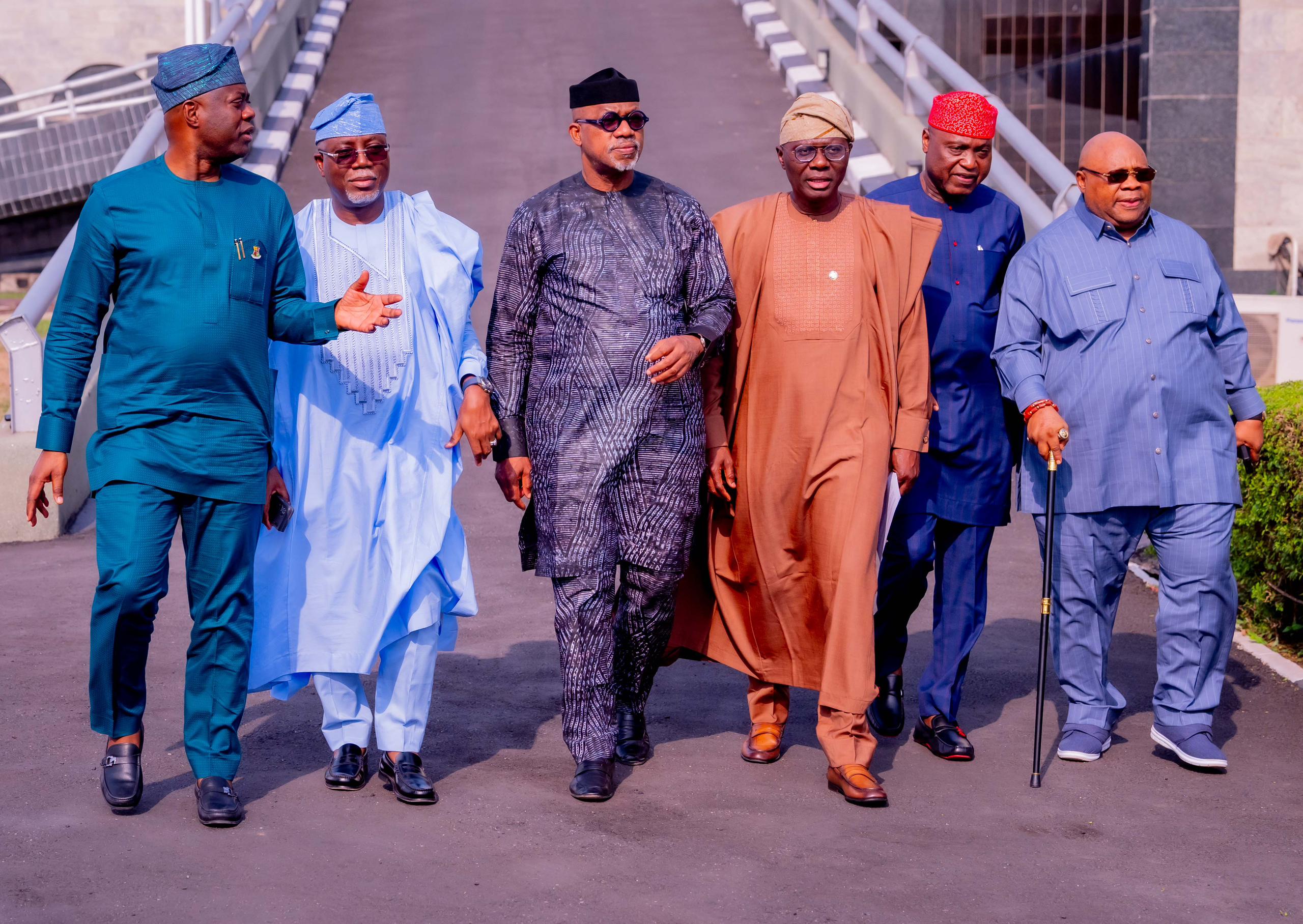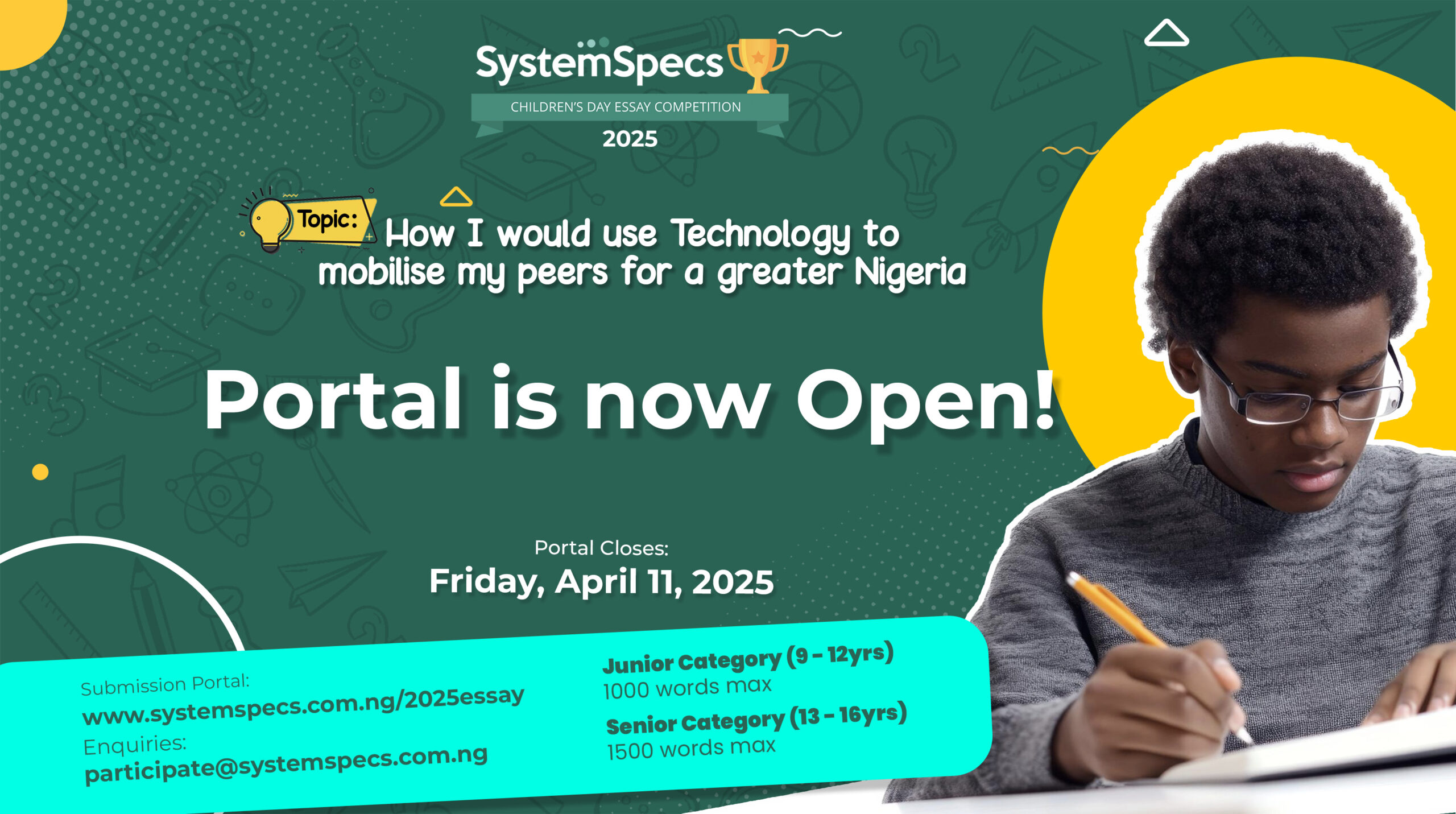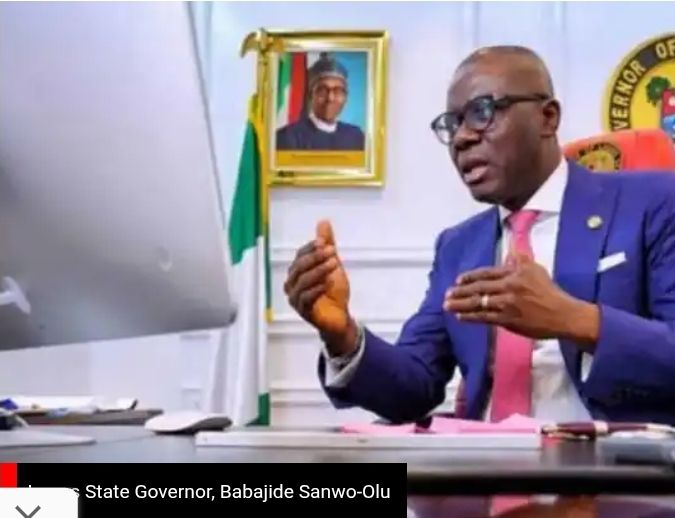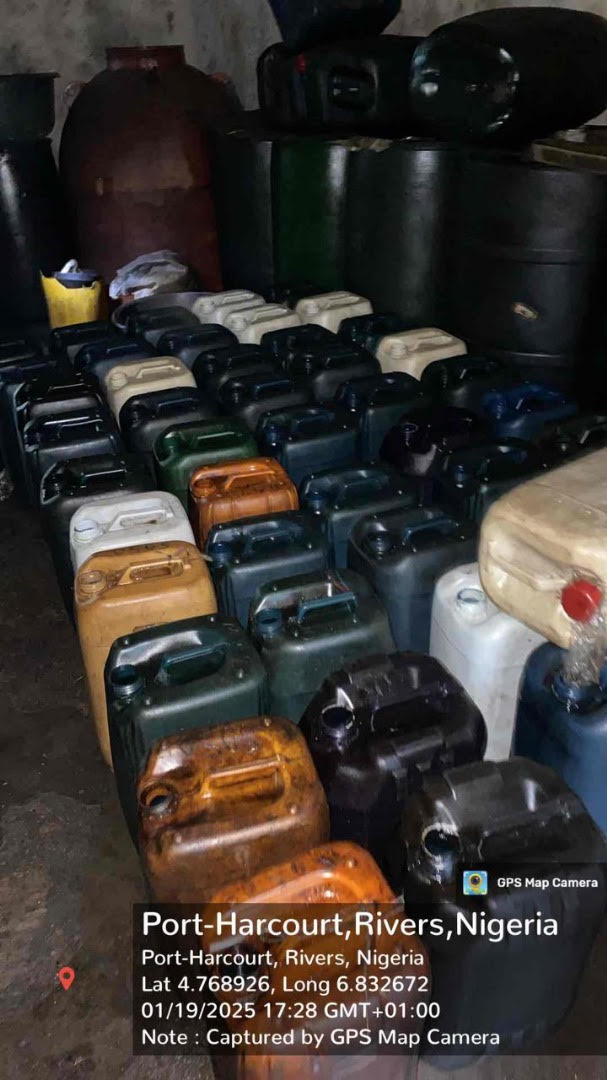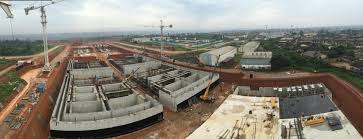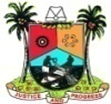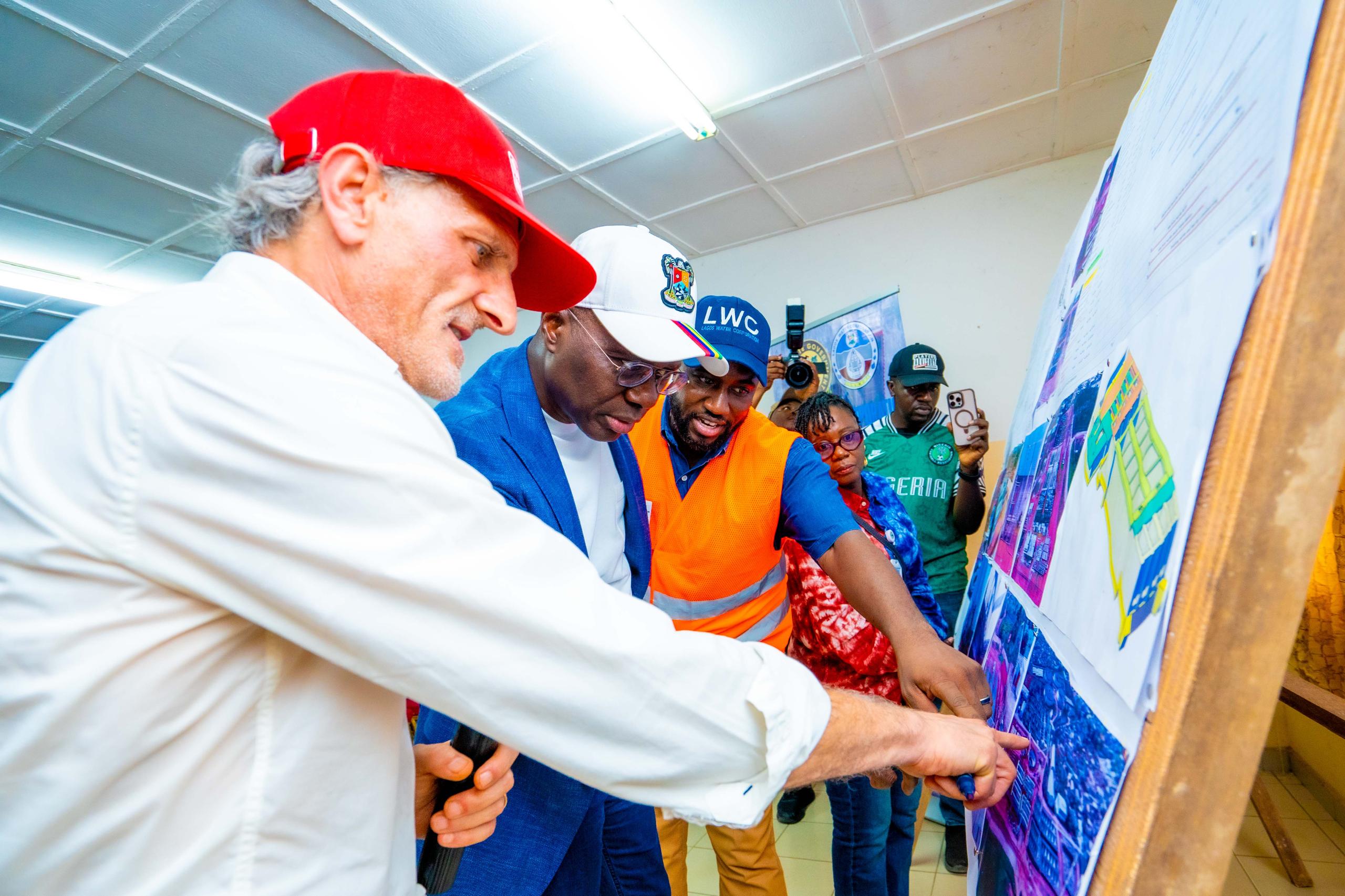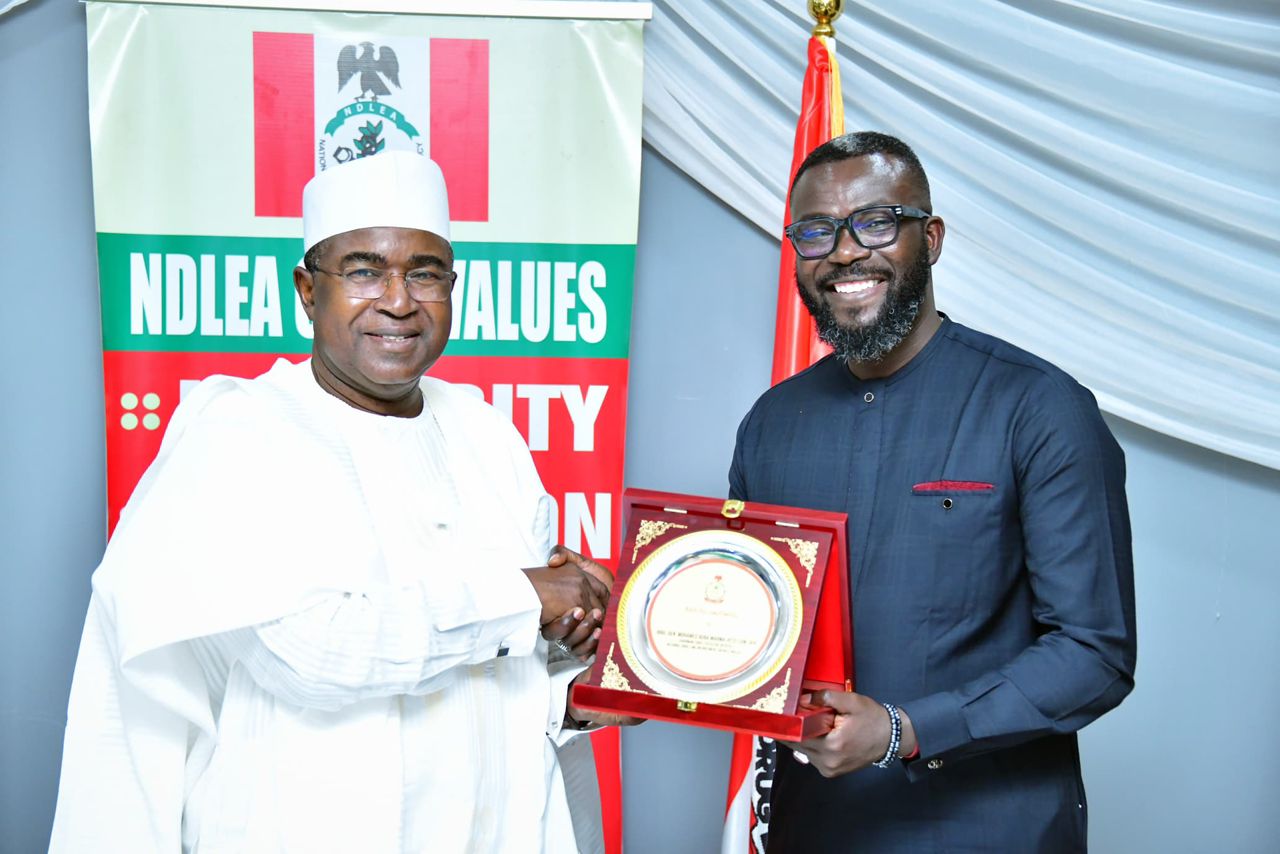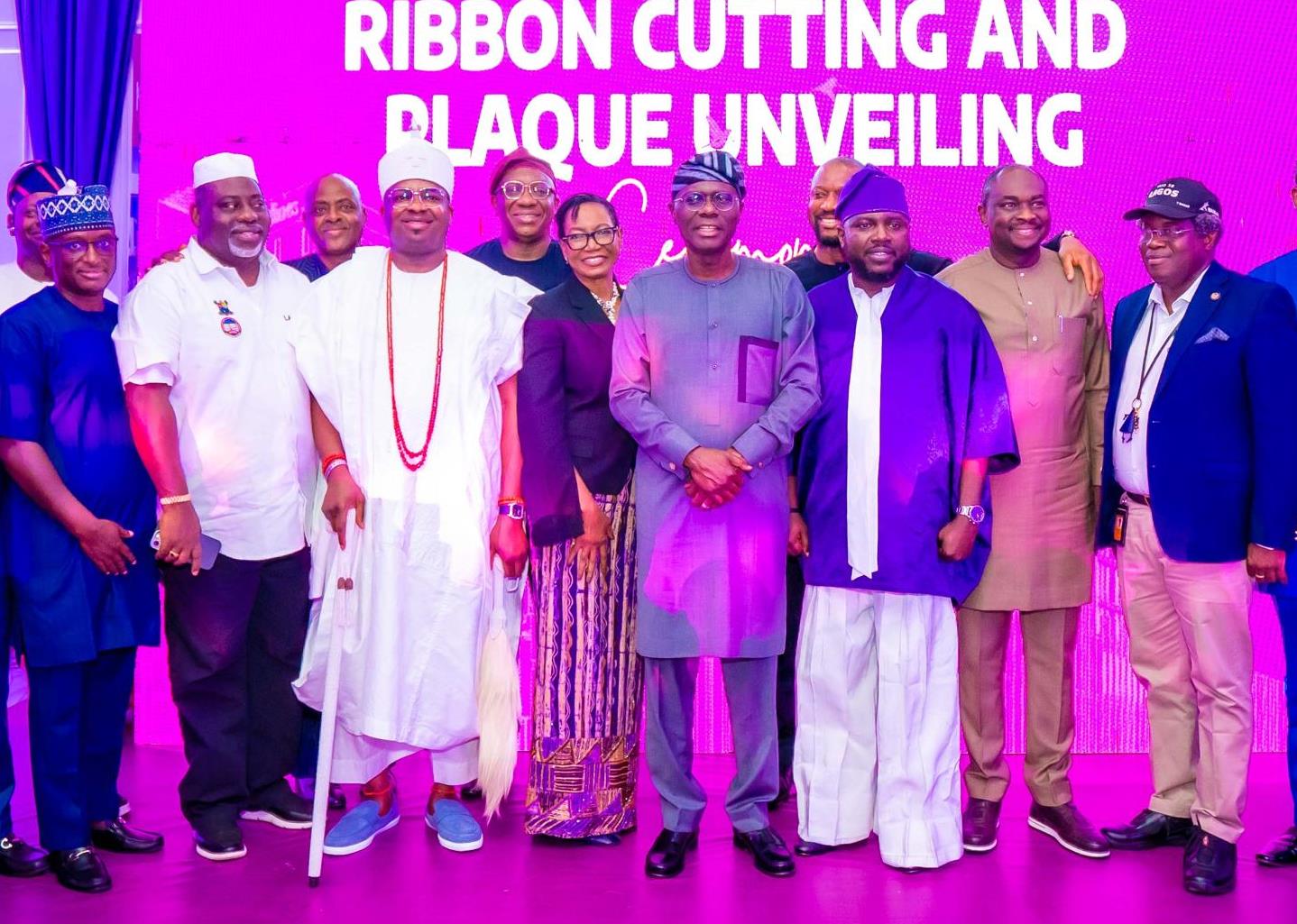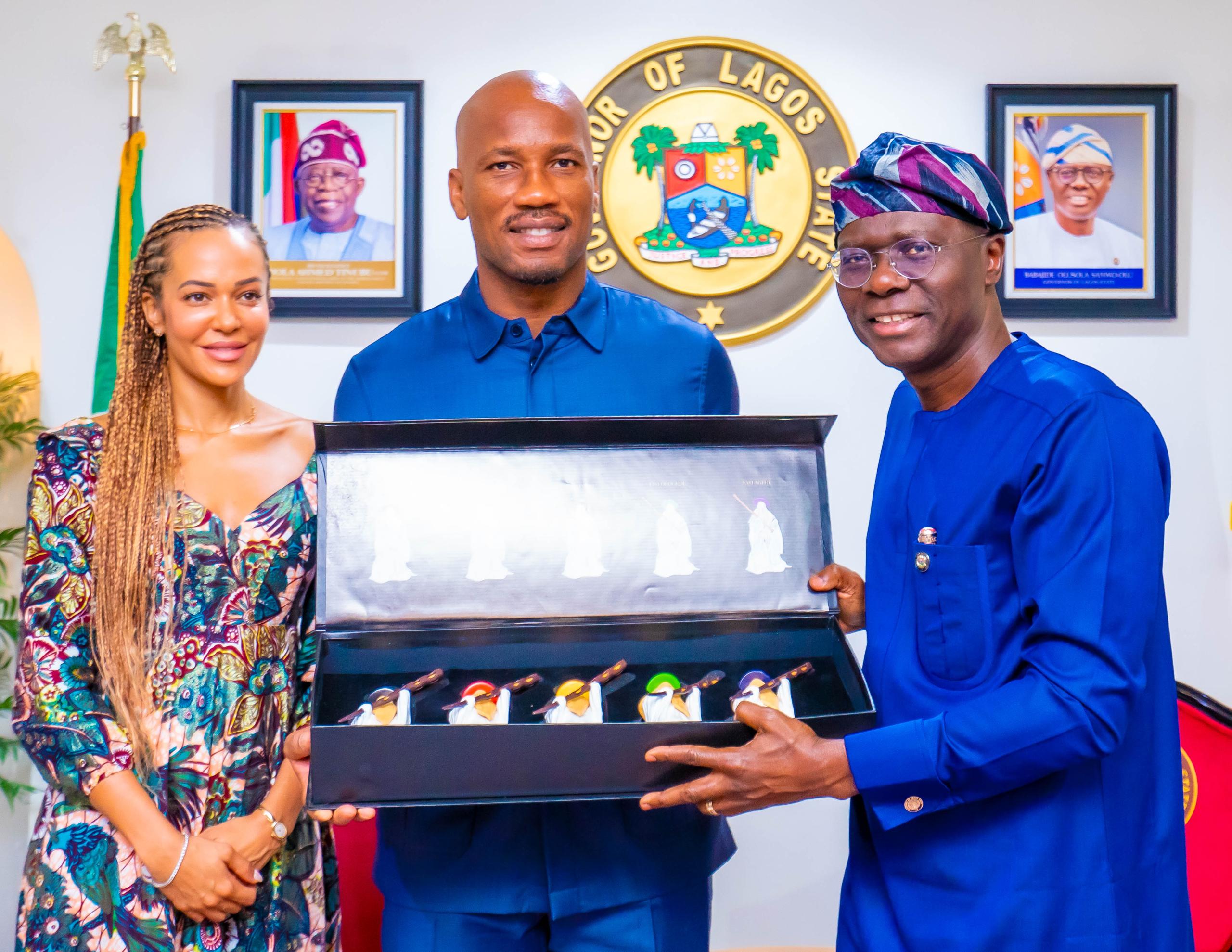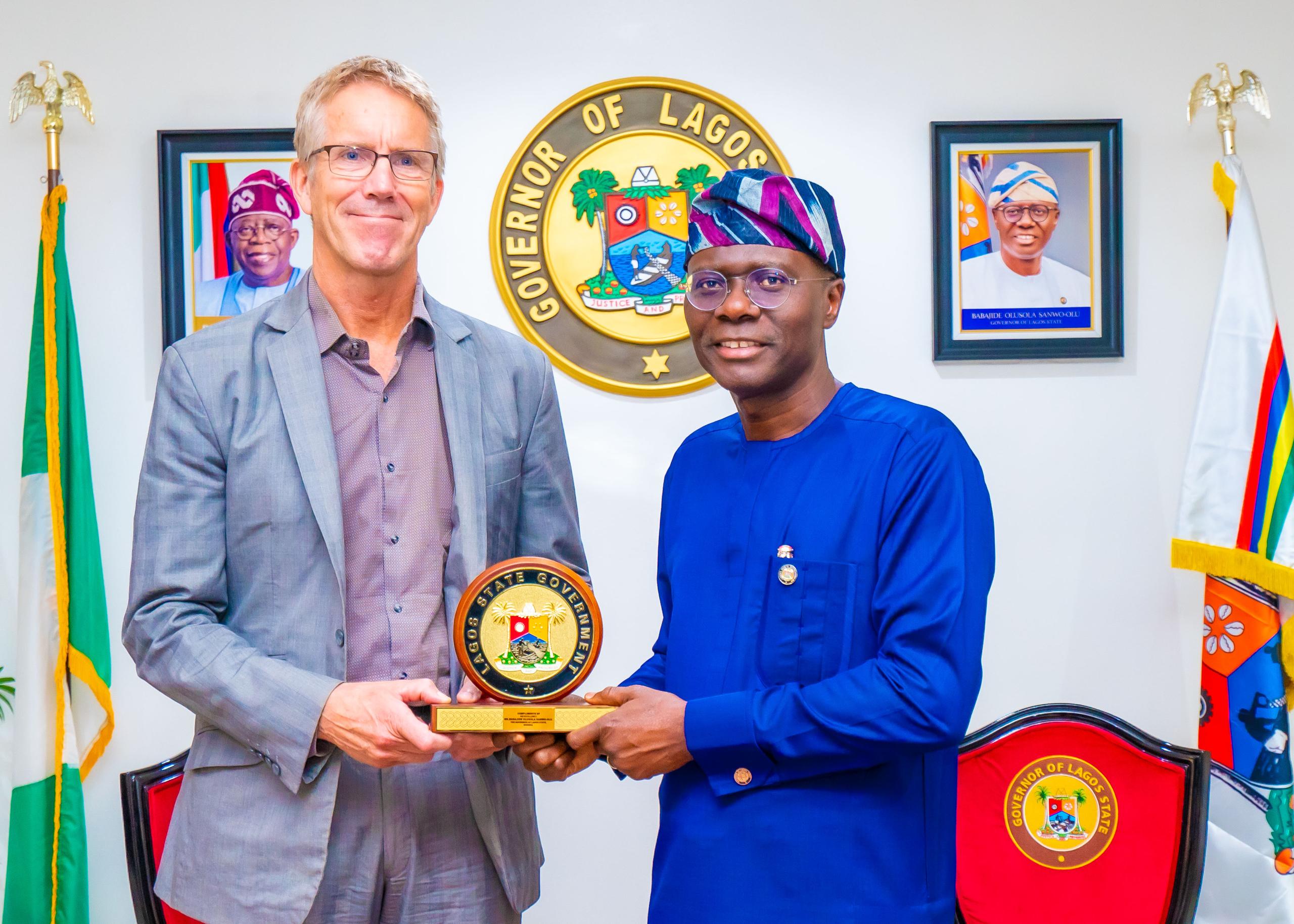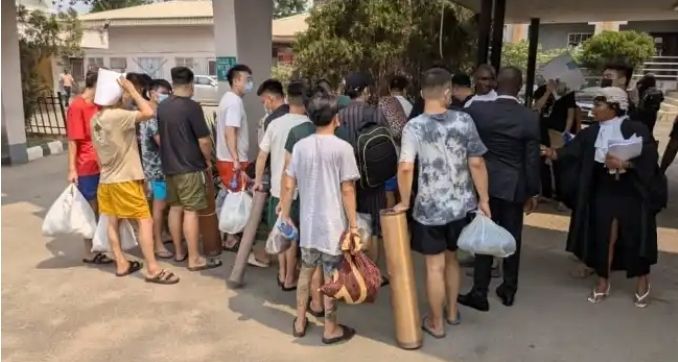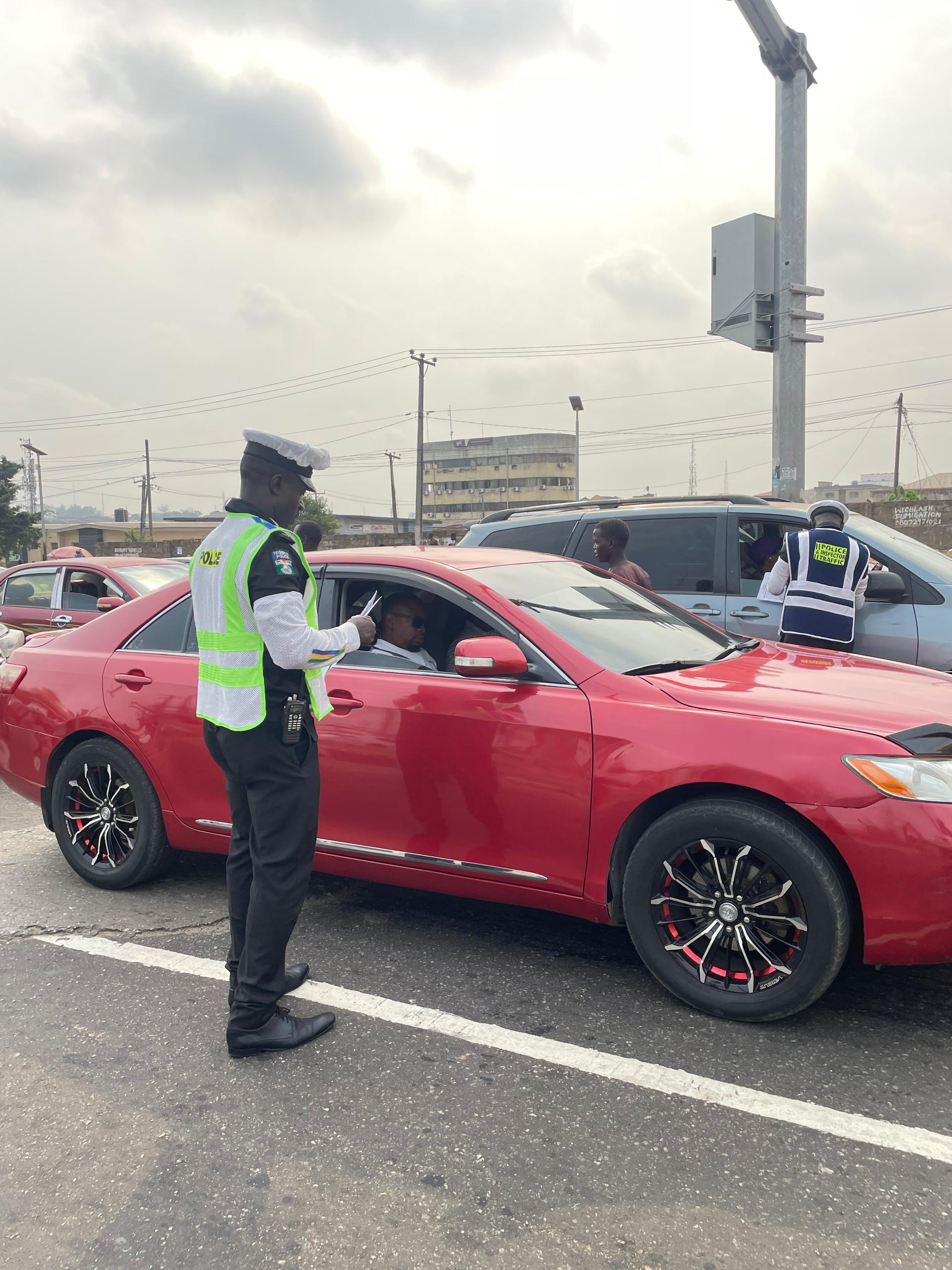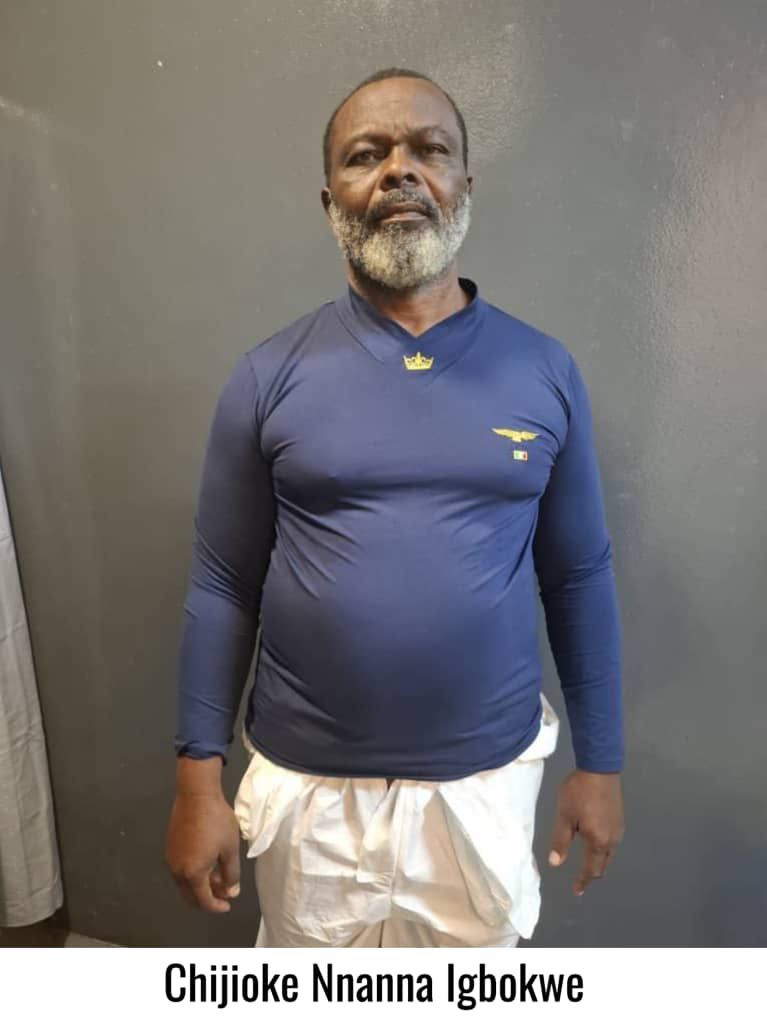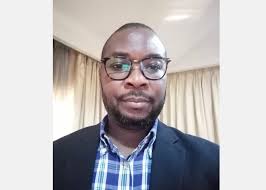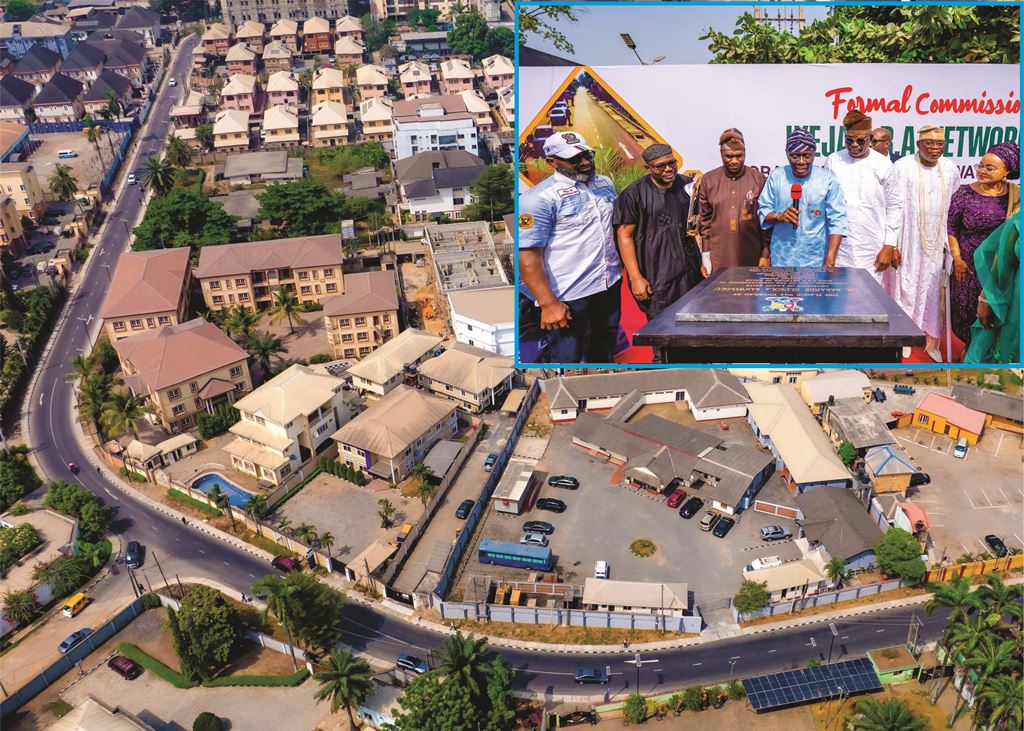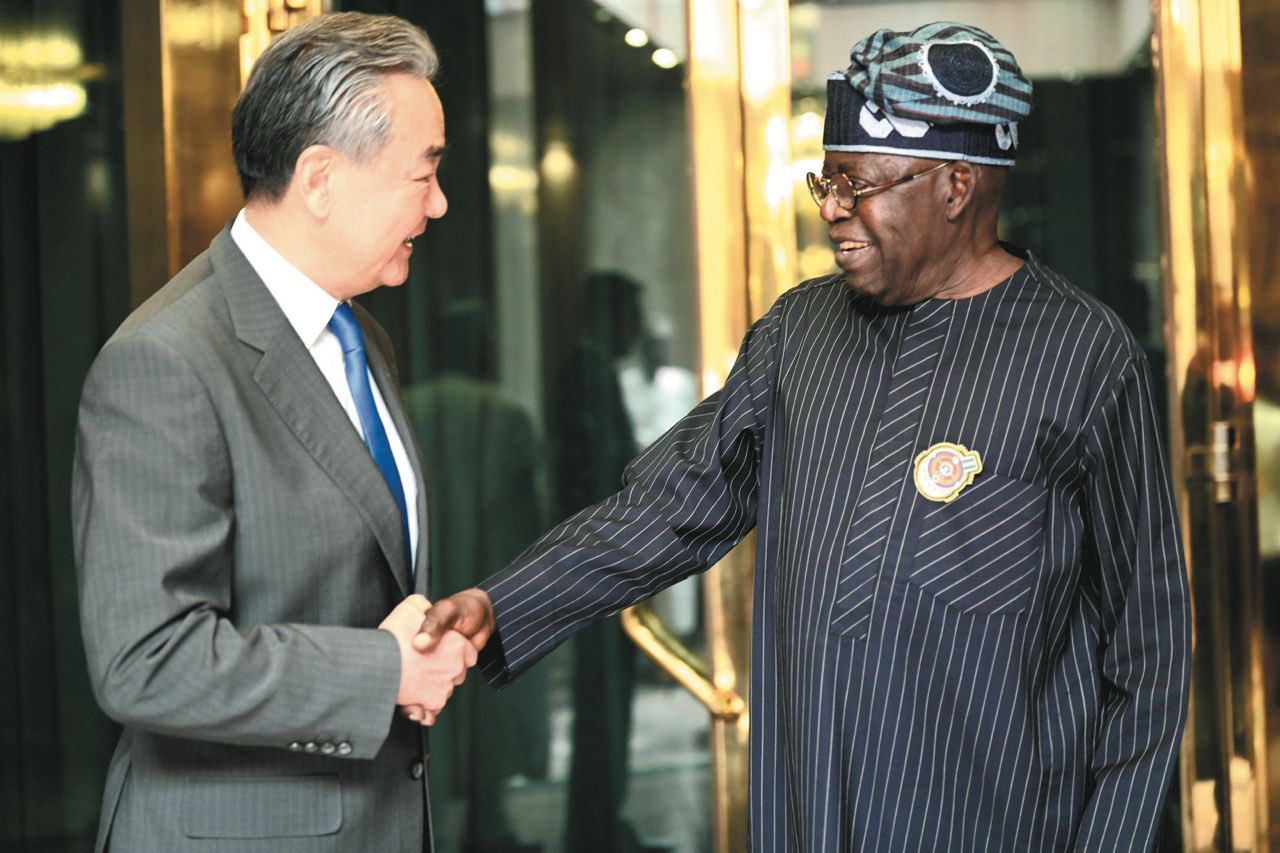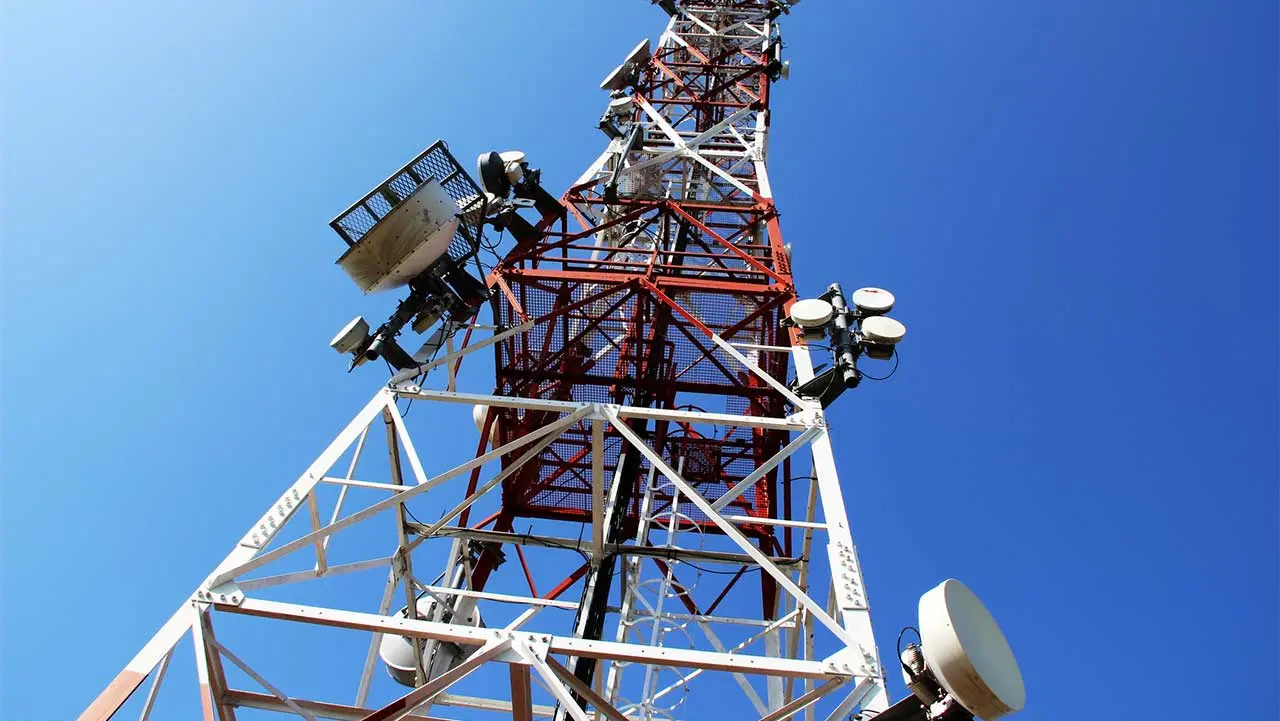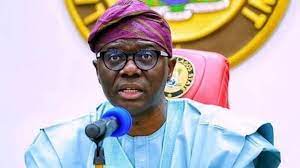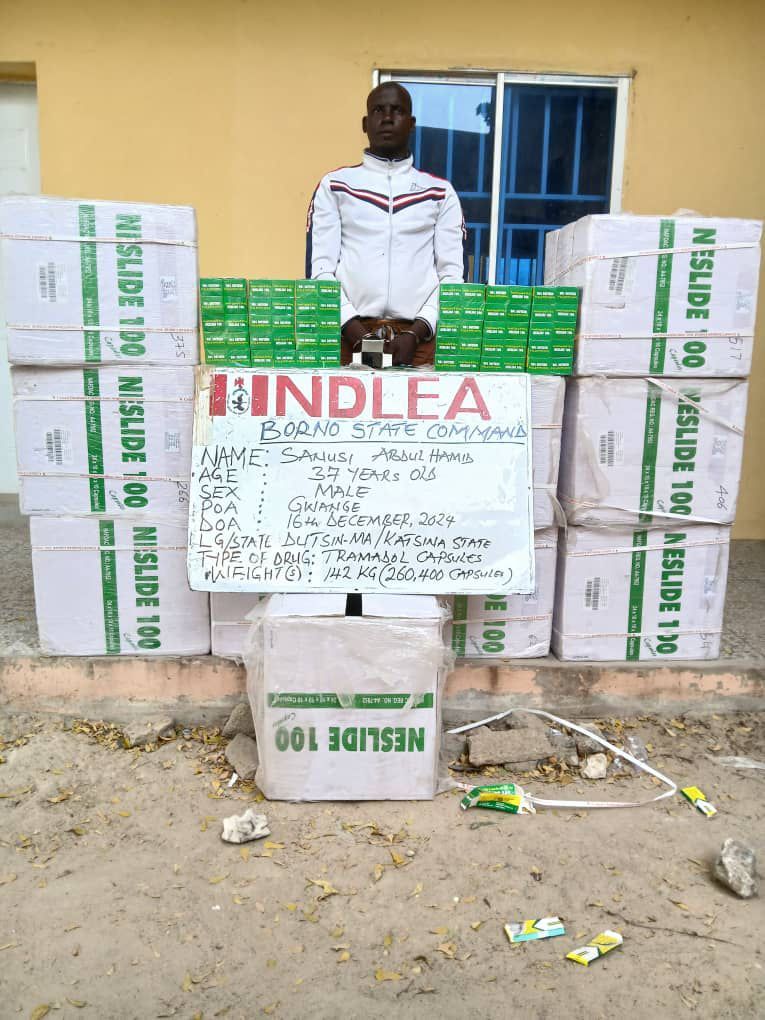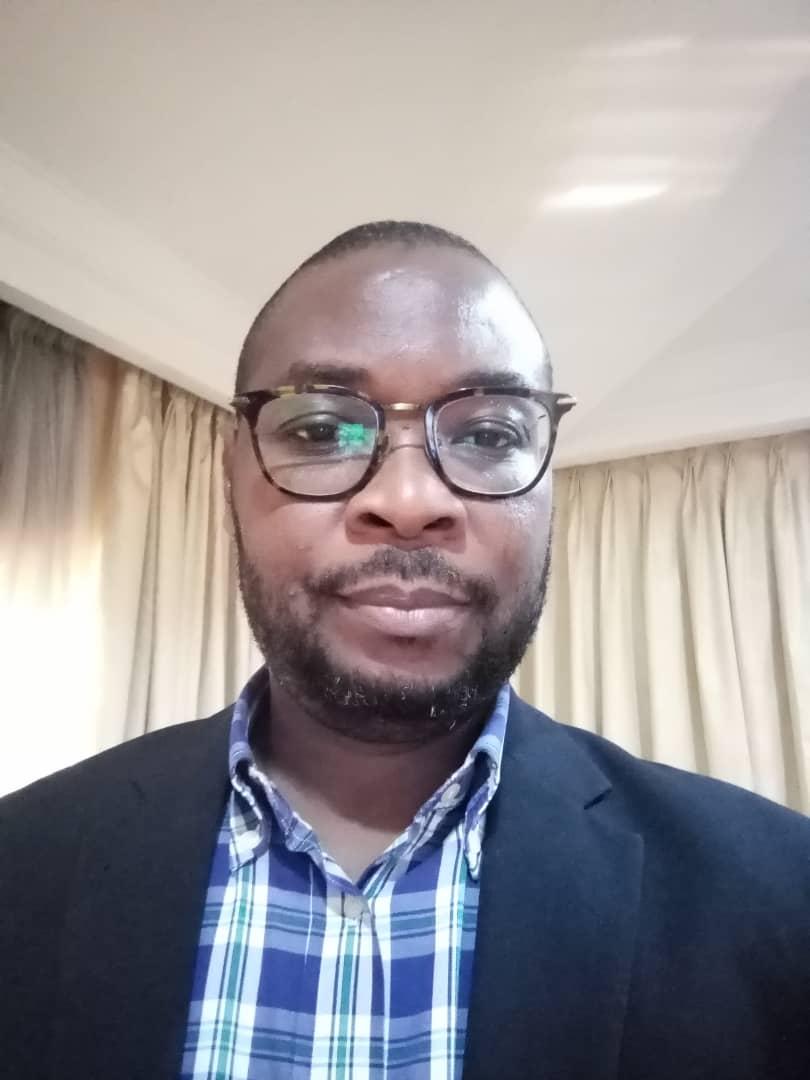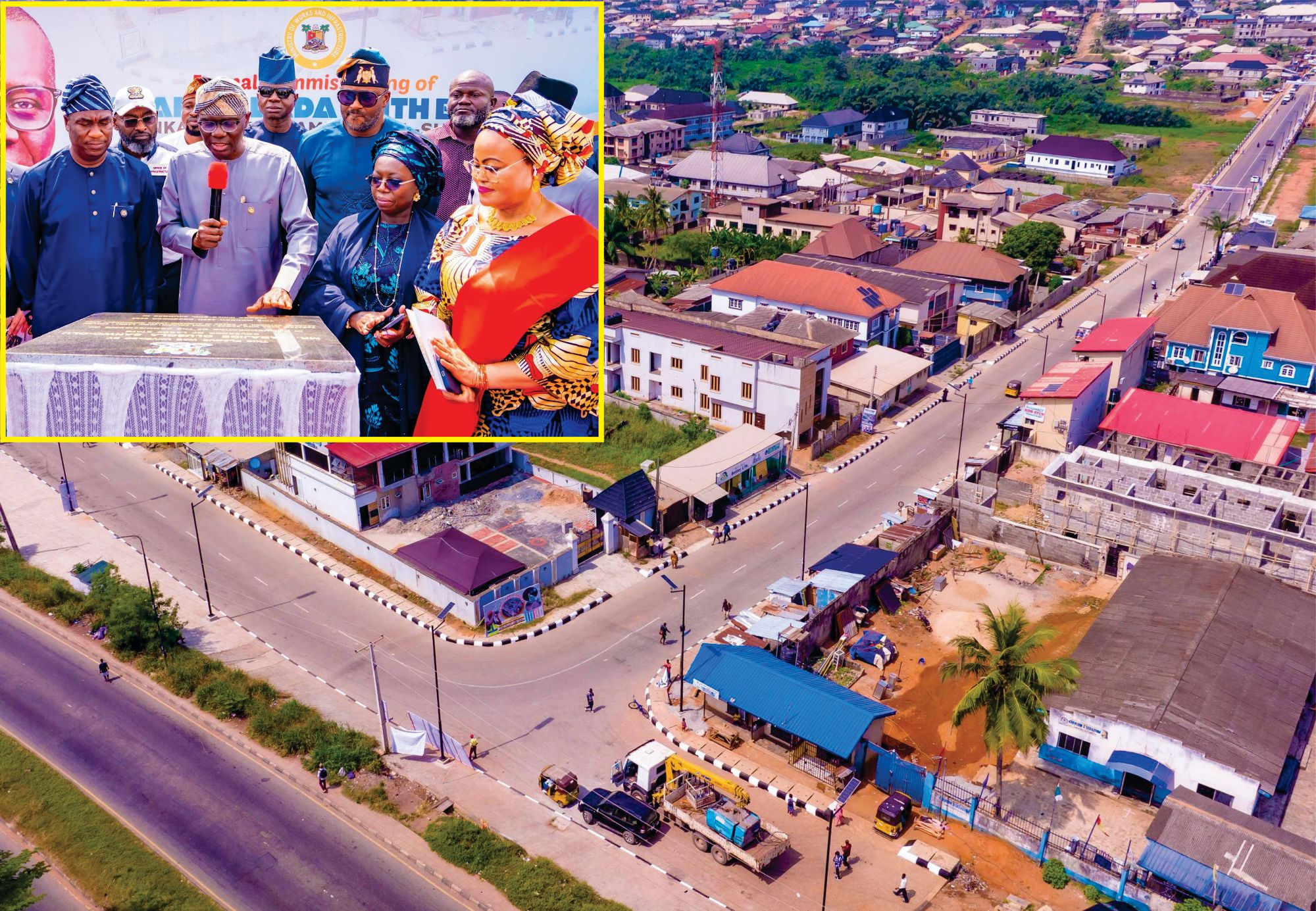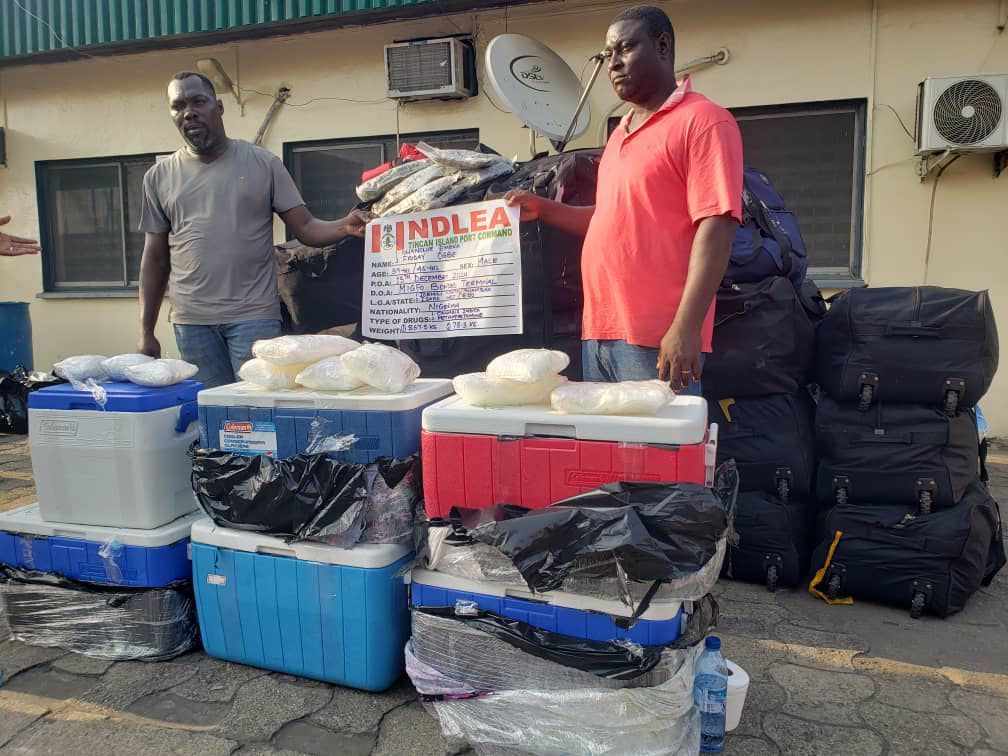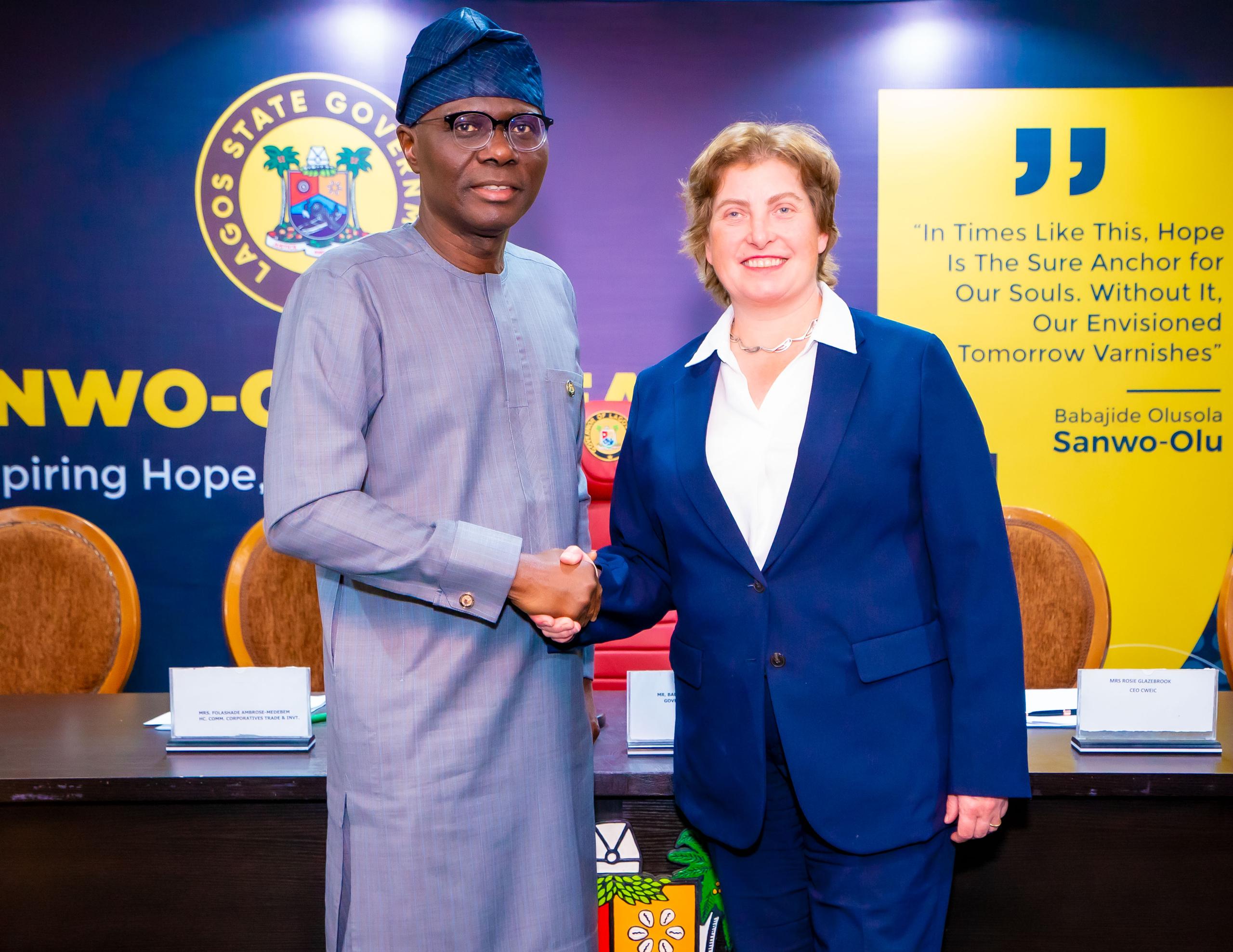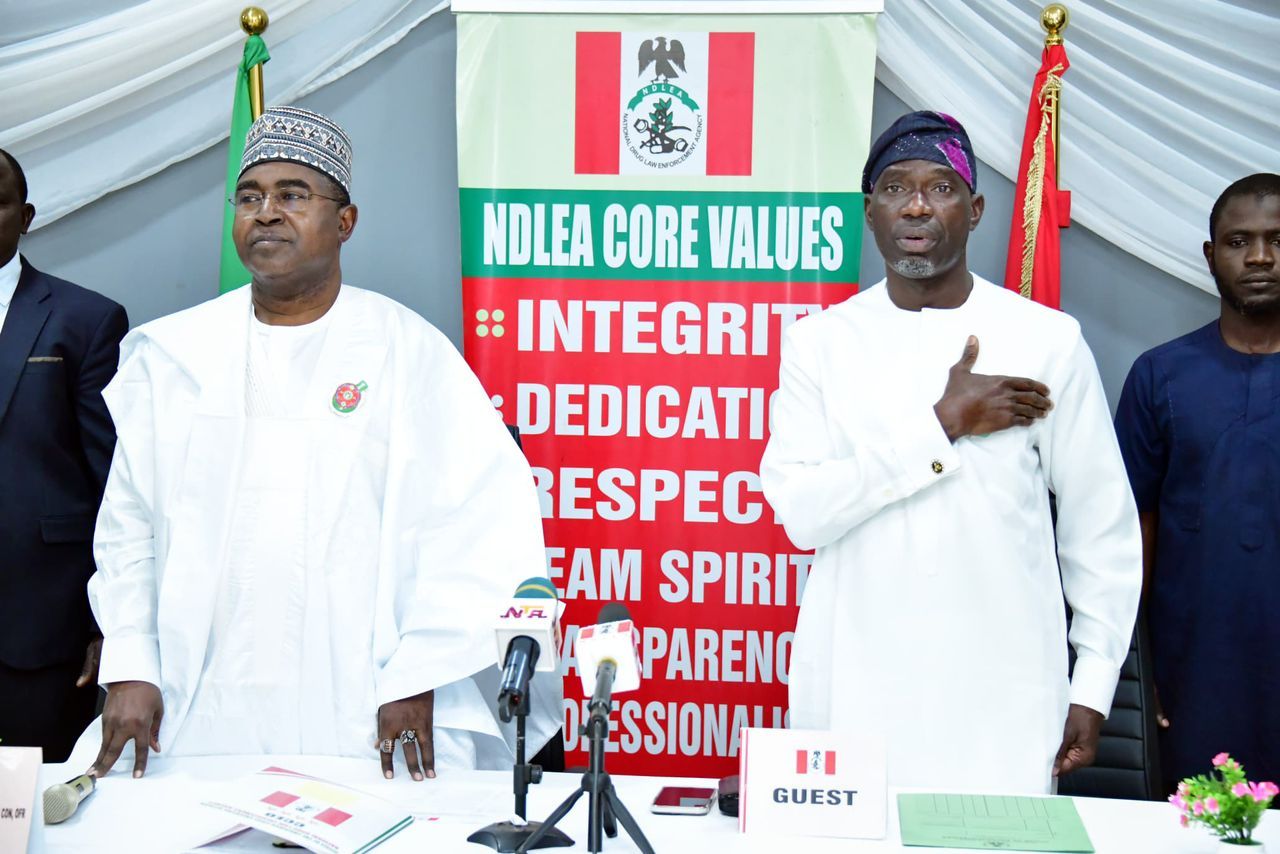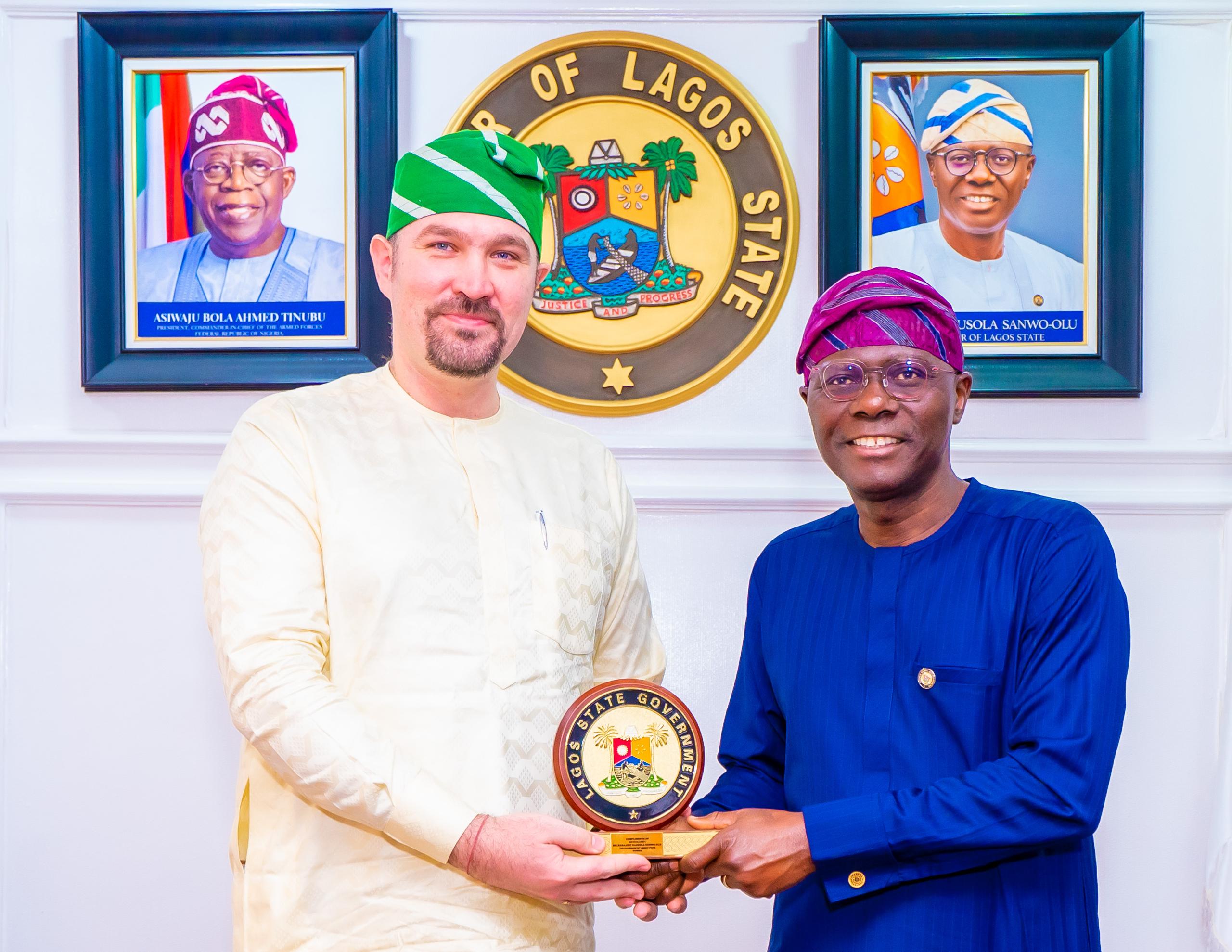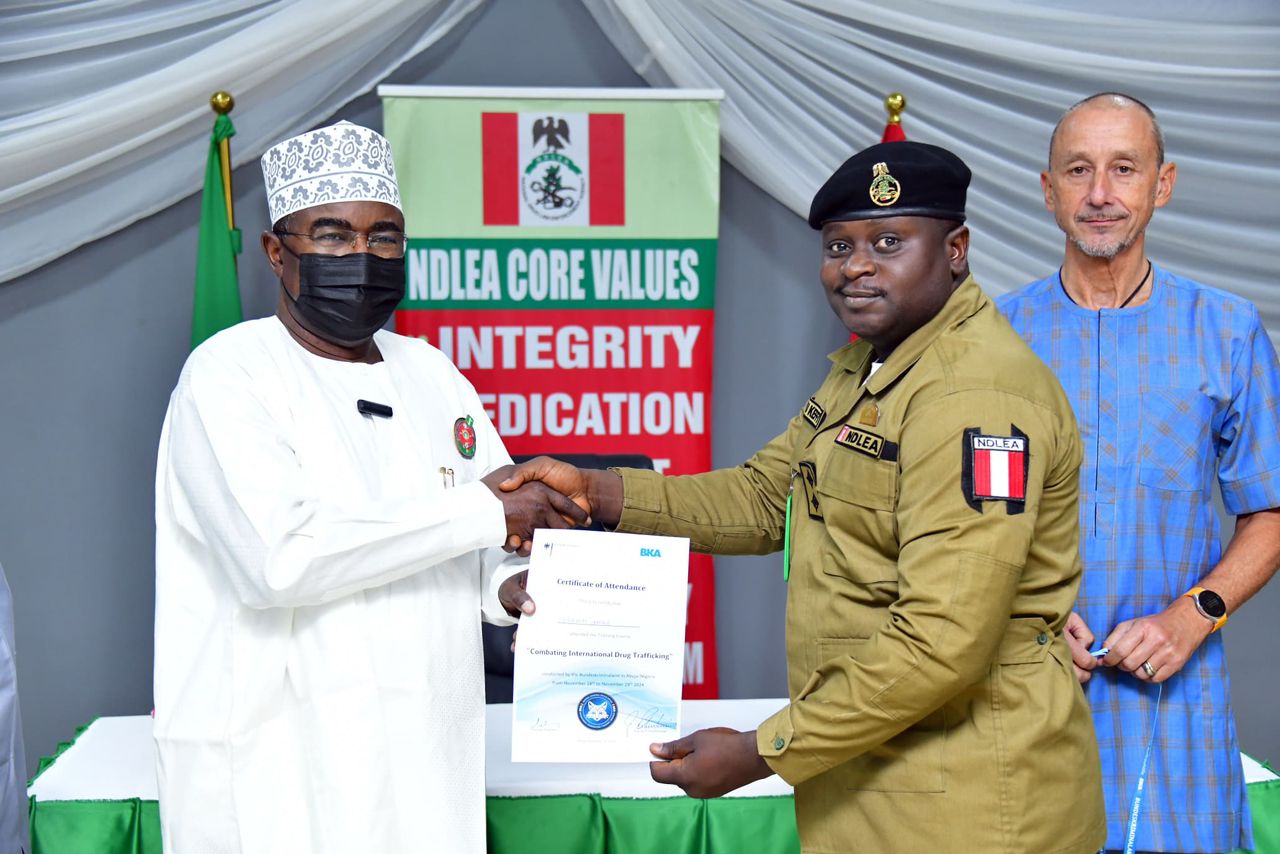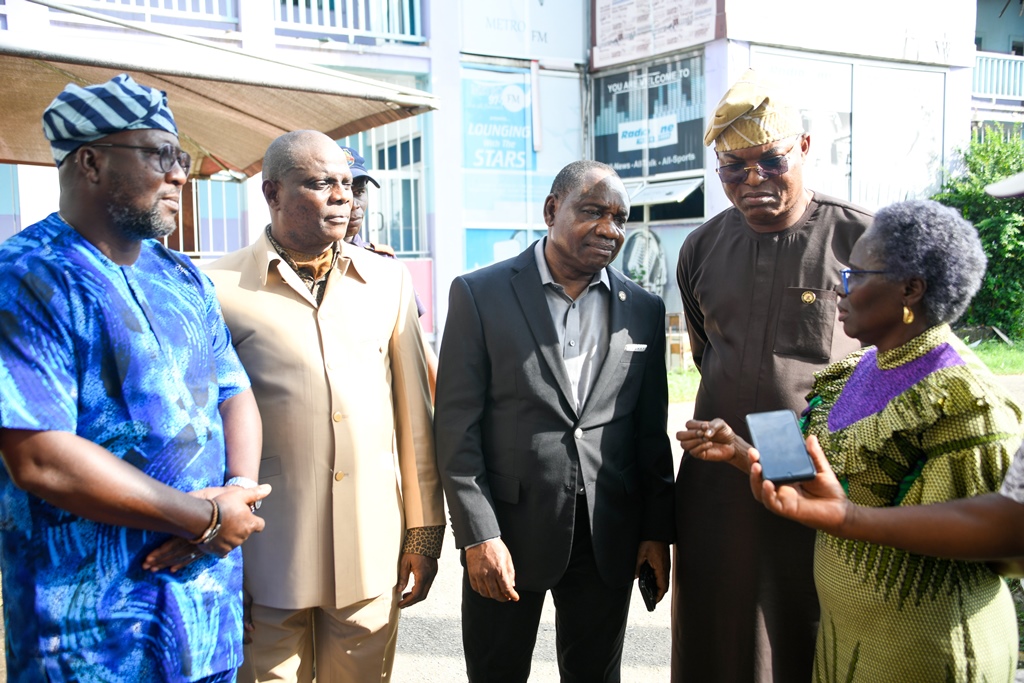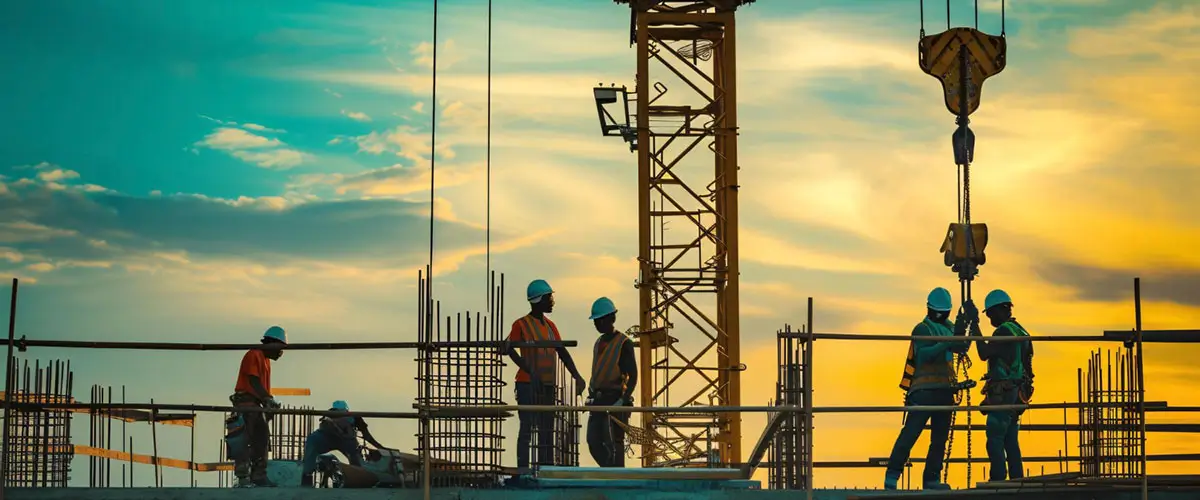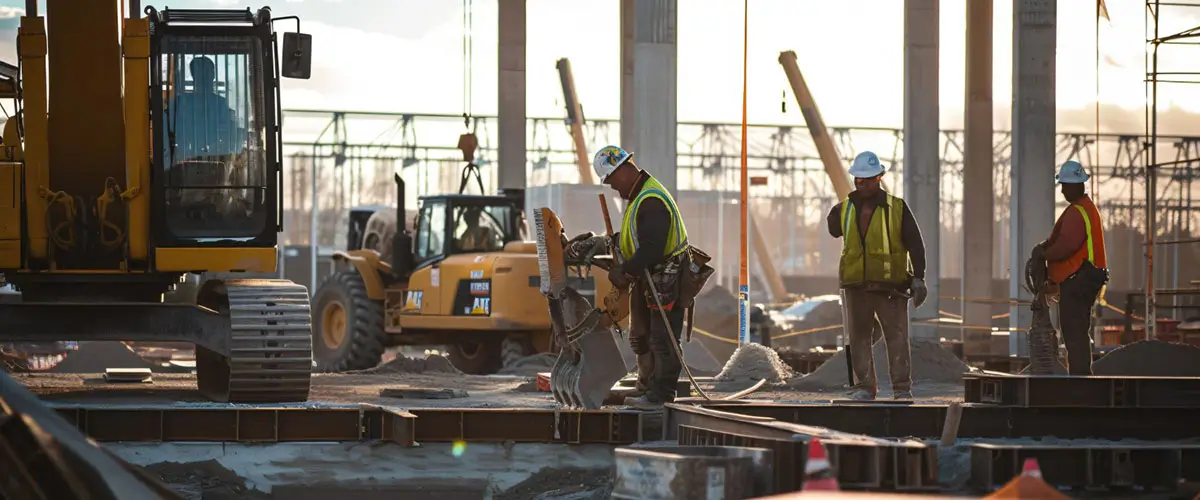The federal Government has approved $3.1 billion for the automation of the operations of the Nigerian Customs Service (NCS).
This is in pursuit of the diversification of the economy with a target of $176 billion revenue from the $3.1 billion concessionary investment.
This was disclosed by the Minister for Finance, Budget and National Planning, Zainab Ahmed, during a press briefing, with State House correspondents, after the Federal Executive Council Meeting on Wednesday, as reported by naira metrics.
Ahmed disclosed that the approval for the e-Custom modernization project followed a memo she presented to the council.
Ahmed said: “The purpose of the memo we presented to Council was for a project that will enable the complete automation of the Nigeria Custom Service processes and procedures using the application and information and technology in all aspects of Customs administration.’
She said the main objective is to completely automate every aspect of the customs business and institutionalize the use of smart and emerging technologies to boost the statutory function of the Nigerian Customs Service in the area of revenue generation.
She revealed that the project would be financed through a Public Private Patnership (PPP) under a concessionary period of 20 years.
She listed the sponsors of the project as Bionca Technologies West Africa Limited and Bargain Securities and Supplies Nigeria Limited. She also listed the African Finance Corporation (AFC) as the lead financier and Huawei Technology as a technical service provider.
She explained that the $3.1 billion that was approved by the Federal Executive Council was an anticipatory contract for custom’s full fledge transformation.
Zainab Ahmed said, “So, Council today ratified Mr President’s approval for the PPP concession for a 20-year period to Messers E-Customs HC Project Limited as a concessionaire for the delivery of customs modernization project.’’
“This is a project that will not have an immediate cost to the government, the investors are providing all of the financing and this revenue will be deployed in three phases and they will look over the investment in the concessionary period of 20 years.’’
“The key point is that it is not costing the federal government one thing, the 3.1 billion dollars being proposed will be sourced by the sponsors and the partners,’’ she said.




